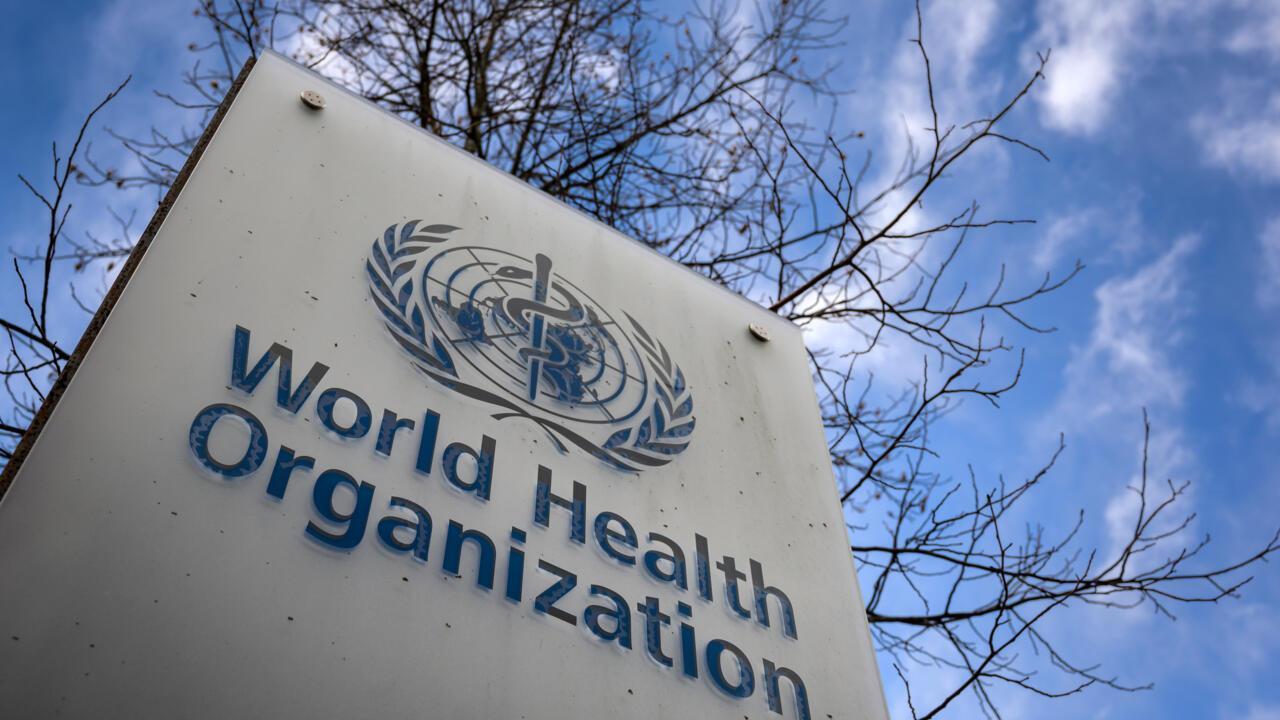The new Turkish Navtex
Under the disguise that it could soon be carrying out some naval exercises, Turkey issued a new Navtex on Feb. 21, a day before the termination of the previous identical Navtex on Feb. 22. The move aimed to demonstrate Turkey’s resolute position to stop unilateral offshore Greek Cypriot hydrocarbon explorations. As happened during previous smaller or bigger standoffs between the two sides over the partnership rights of Turkish Cypriots in the natural resources on and off the island, Turkey stood tall with the Turkish Cypriot people.
This “adamancy vs. adamancy” or “provocation vs. provocation” approach cannot bring good results to anyone. Some may think that ignoring the provocative unilateral actions by the Greek Cypriot side, ignoring the partnership rights of the Turkish Cypriots and asking Turkey now to withdraw its military vessels and allow offshore drilling for natural gas by Saipem 12000 drillship of the Italian energy firm ENI inside the island’s exclusive economic zone (EEZ). But achieving it might require a miracle.
The European Union membership unilaterally granted to Cyprus in 2004, days after the Greek Cypriots rejected a U.N. settlement plan – as well as the global silence to the usurpation of all Turkish Cypriot partnership rights on Cyprus, including natural resources of the island - has made Greek Cypriots more stubborn and rendered a Cyprus settlement almost impossible.
Of course, the Greek Cypriot side could continue like this, refusing to accept the partnership rights of the Turkish Cypriots and insisting on holding Turkey hostage. But what will it be its eventual reward? Palliative successes might be achieved but every foolish Greek Cypriot action has ultimately proven very costly to Greek Cypriots.
But there are ways out of this situation. Two were suggested by the Turkish Cypriots back in 2012. Then Turkish Cypriot leader Derviş Eroğlu understood that both sides on the divided island must halt plans for offshore gas exploration in the eastern Mediterranean until they have reached a settlement. During talks with the U.N. Secretary General Ban Ki-moon in New York, Eroğlu suggested the establishment of an ad-hoc committee, made up of an equal number of Greek and Turkish Cypriots and a U.N. liaison, to meet to give approvals and licenses for all drills.
The creation of such a committee for joint exploration, drilling and sale of the island’s hydrocarbon riches through Turkey was itself a revolutionary and constructive idea. If the Greek Cypriots were sincere regarding the partnership of the two people in natural resources then the idea could have taken off. What’s more, the 2012 Turkish Cypriot proposal suggested the creation of a fund with the natural gas money to finance a political settlement to the Cyprus problem. Was not obscurity in the financing of a settlement one of the major reasons why the Greek Cypriots said “No” in the 20014 referendum on a U.N.-brokered resolution plan?
Eroğlu’s 2012 proposal was rather simple. The deal would not have prejudiced the outcome of the Cyprus talks or the respective negotiation positions of the two sides. It would not have required political recognition of each other. The two sides would have appointed an equal number of representatives to the ad-hoc committee, while the U.N. secretary-general would have appointed someone to serve as a go-between. The works of the ad-hoc committee would therefore have continued with “mutual consent,” as required by the 1960 constitutional system. The revenues would not have gone to the coffers of either side, but collected in a fund to finance a comprehensive settlement. In emergencies, a portion of the fund might have been used with the mutual consent of the two leaders.
The Greek Cypriots flatly rejected Eroğlu’s proposal in 2012. Is it not the time to reconsider it?











